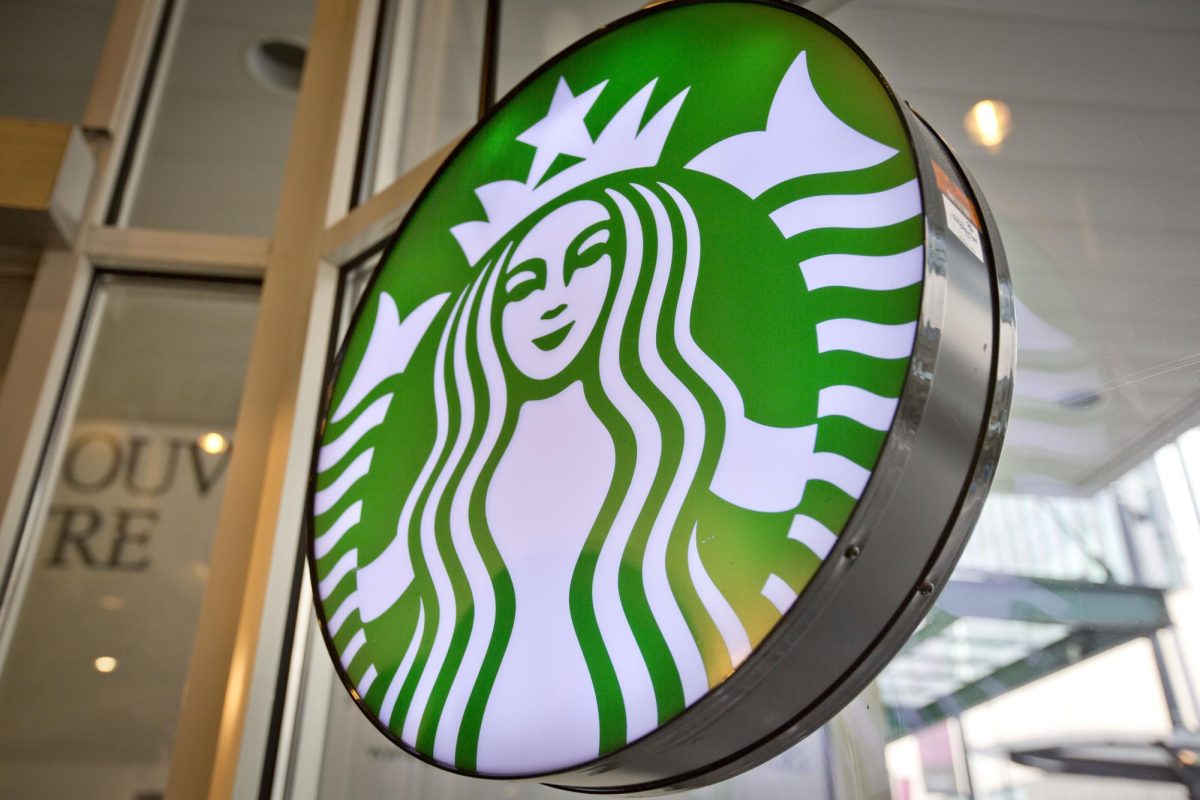You walk into the bustling store as the chatter of teenage girls fills your ears. The sweet aroma emanating from the counter, concealed by neglected drinks, lingers under your nose. You walk up to the friendly barista with your mind set on a Strawberry Açaí Refresher with Peach Juice and Light Ice. As you wait impatiently for your name to be called, you can’t help but fantasize about the perfect first sip. With your drink in hand, you exit Starbucks, already daydreaming about tomorrow’s beverage choice.
What if I told you there’s not a trace of actual Açaí in that drink of yours? Would you become enraged at the fact that Starbucks lied straight to your face, or simply shrug it off because Starbucks is just that good? This is the dilemma people are currently facing as Starbucks is getting sued under the allegations that six of the twelve Refreshers they sell don’t actually contain the fruits in their names.
The lawsuit was originally filed in August of 2022 by Joan Kominis and Jason McAllister. They sued for “false and deceptive practices,” seeking a whopping $5 million in damages. For them, those missing fruits were premium ingredients, and had they known the truth beforehand, they would have either paid less for their orders or not gotten them at all. According to classaction.org, “all of the Products are predominantly made with water, grape juice concentrate, and sugar.” The absence of the advertised ingredients in these drinks, the suit alleges, is misleading to customers and a case of false advertising.
Starbucks is seeking to have this case dismissed, arguing that the names of the Refreshers are intended to describe the flavor, not the ingredients. Starbucks issued a statement claiming that the company actually looks forward to defending itself in court, indicating that for Starbucks, this lawsuit is fatuous. Despite these allegations, Starbucks continues to be one of the largest franchises in the world, maintaining over 35,000 locations worldwide and a net worth of $104.54 billion. Furthermore, these claims have not stopped Starbucks from continuing to make these drinks the same way it did before.
However, a federal judge has sided with the people, allowing nine of the eleven claims in the lawsuit to move forward. “[The] Court ultimately determines that a significant portion of reasonable consumers could find it misleading” said U.S. District Judge John Cronan. What adds to the confusion of this case is that other Starbucks drinks do contain the ingredients listed in their names, like the famed Iced Matcha Tea Latte.
Is it unreasonable for customers to expect mango, passion fruit, and açaí in drinks whose names imply that they contain these fruits? Cases like this hold large companies accountable to ensure they are only truthful with their loyal customers. As an avid Starbucks fan, making at least three trips a month myself, I would have appreciated knowing the truth about the drinks I was ordering. Would I have stopped buying them? Probably not. Nevertheless, I would rather make informed choices than continue to purchase these falsely advertised drinks.













































































































































